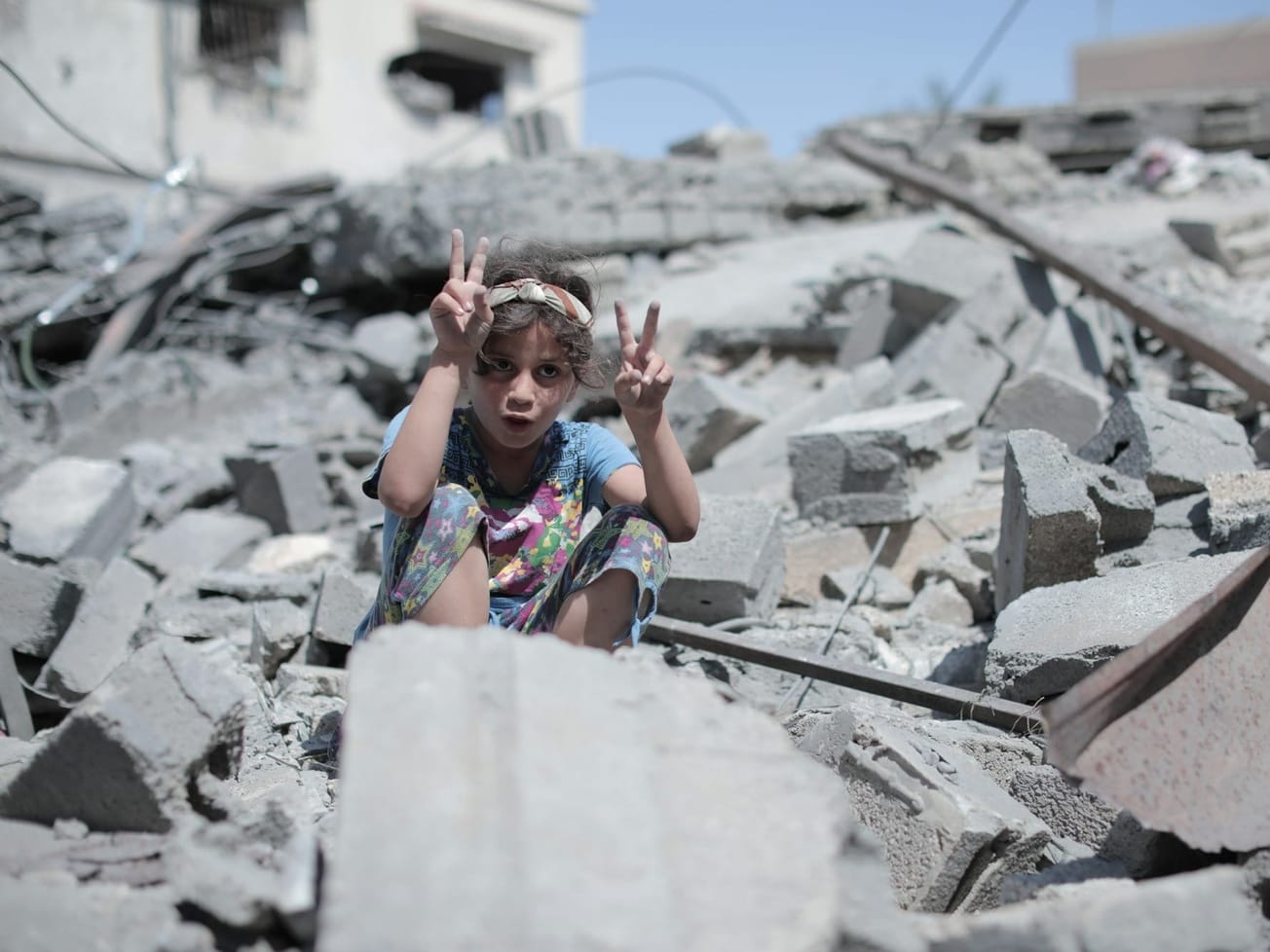Caught between a rain of bombs from the air and a war of words on the ground, Palestinian civilians in Gaza struggled to find fuel, food and health care – and aid operations were being choked off – nearly three weeks after their Hamas government unleashed a deadly terror attack on Israel.
As Israel launched a tank raid and aerial bombardments and prepared an expected ground invasion, diplomats at the United Nations headquarters in New York met in emergency special sessions. The 193-nation U.N. General Assembly provided the first global response to the war by approving a non-binding resolution on Friday that calls for a “humanitarian truce” and cessation of hostilities in Gaza.








